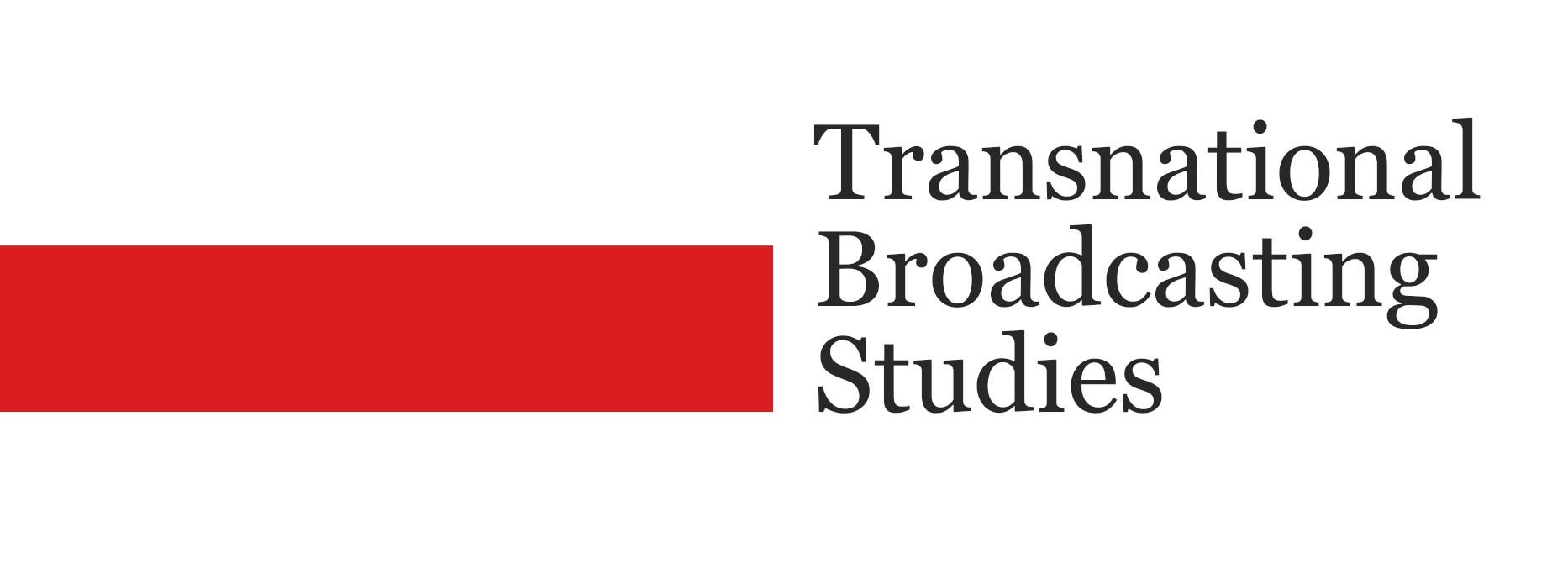Accelerating changes throughout the Middle East compel us to envision the possible transformations that may take place in the future in this region. These possibilities include changes in areas such as electoral politics, democracy, professional associations, civil society, human rights, pluralism, accountability, privatization and others--truly sweeping changes that could have profound effects on the peoples, cultures, and ways of life in the Middle East. Already some leaders and governments throughout the region are showing signs of steady liberalization, modernization, and democratization.
The link between civil society and satellite broadcasting in the Middle East is becoming more clear and more significant with two simultaneous and related developments: first, the growing importance of satellite broadcasting in the region, and second, the growing awareness of the peoples of the Middle East of civil society issues.
Important work has been done worldwide on the human right to communicate, including the People's Communication Charter (see full text of the charter, plus commentary, in TBS issue 2, Spring 1999), which was first drafted in 1993 by human rights groups, media representatives, academics, activists and others interested in this issue. One of the leaders of this initiative was Cees Hamelink, a professor at the University of Amsterdam, whose work and commentary on the charter has been instrumental in raising understanding of this issue.
In the last decade, effects of satellite broadcasting in the Middle East became more apparent as developments in computers, telecommunication systems and satellites took place. The immense changes in these fields have had a dramatic impact on Middle East economics, society, and politics and have also raised many issues. Accordingly, there have been cultural, religious and political concerns over satellite broadcasting in the region.
As Dr. Hamelink has written, the reality of today's cultural environments in general reduces the capacity of ordinary people to control the decisions that others make about their media content. The time has come to revisit this process and take away this "disempowerment" since it violates the human entitlement to dignity, equality and liberty. His words ring true in the Middle East, and indicate the need to create a civil society.
In the Middle East, individuals and groups have begun to address the needs that go unmet by their media. The formation of groups including professional associations, religious and tribal groups, cultural and sports clubs, non-governmental organizations and charitable societies, cooperatives and private foundations, service and business clubs, academic and research centers, women's and youth groups, and many others is a significant step toward civil society in the region. These groups, however, face major challenges in communicating their aims and the importance of their contributions to civil society.
The recent introduction of Nilesat presents an excellent opportunity for these groups to address issues of concern to the region. Civil society advocates hope that groups in the region will capitalize on the opportunity of Nilesat, and hope that regional media will utilize satellite, internet, and other technologies to help reform from within.
Media in the Middle East must respond to the needs and wants of the people. So the first questions must be, what do the people want, what do they need, and how can the media help in forming a civil society?
Media content and media systems are increasingly a concern to the peoples of the Middle East. People should have the right to free expression, participation in public decision-making, and access to information technologies. Government media ownership means that people have less of a voice and less of an opportunity to express diverse opinions.
Nilesat is currently providing educational, entertainment and cultural channels. It has begun to play a part in enhancing the flow of information, including bringing service to people in isolated and rural areas. Initiatives like Nilesat give people access to more channels, more opinions, and more information and ideas.
There is certainly a lot of potential for the non-governmental, civil and partisan organizations in Nilesat. In fact, it is the perfect time for such institutions to realize the magnitude of the medium and concentrate on forming a solid ground for a real civil society in the region.
Not only does Nilesat, as it is asserted, affect all walks of public life in the Middle East, but also the individual citizen in his different roles in a wide variety of ways. With satellite broadcasting there is an element of "social engineering," which includes its role as a forum for the exchange of thoughts and ideas between citizens or the different social groups of a democratic community; its function as an integrating influence upon children and young people and its importance as a platform and agent for all kinds of cultural forms and expressions; and its function to advance communities, speed progress and enhance development.
 Arab Media & Society The Arab Media Hub
Arab Media & Society The Arab Media Hub





